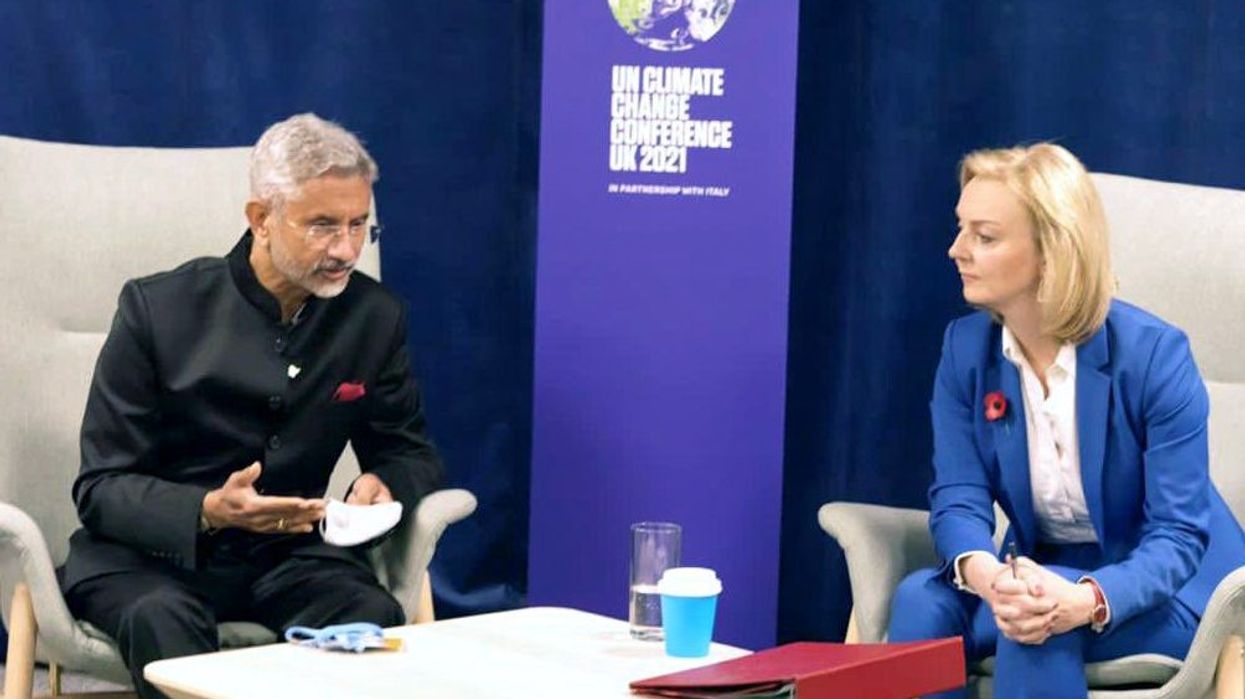Britain's foreign secretary was in India on Thursday (31) to press for tougher action on Russia's invasion of Ukraine, ahead of a visit by Moscow's top diplomat likely aimed at urging Delhi to do the opposite.
India has abstained from UN resolutions censuring Russia, calling only for a cessation of violence, and continues to buy Russian oil and other goods.
In her talks in New Delhi, Liz Truss will say that "Russia's invasion of Ukraine underlines the importance of democracies working closer together to deter aggressors, reduce vulnerability to coercion and strengthen global security," Britain's High Commission in India said.
"Deeper ties between Britain and India will boost security in the Indo-Pacific and globally, and create jobs and opportunities in both countries," Truss was quoted as saying in a statement.
"This matters even more in the context of Russia's unprovoked invasion of Ukraine and underlines the need for free democracies to work closer together," she said.
Her comments came ahead of a two-day visit to India beginning Thursday by Russian foreign minister Sergei Lavrov.
Lavrov was due to arrive in India from China, which has also refused to condemn the invasion and has provided a level of diplomatic cover for an increasingly isolated Russia.
US officials have accused China of signalling "willingness" to provide military and economic aid to Russia, while president Joe Biden has compared the invasion of Ukraine to China's crushing of protests in Tiananmen Square in 1989.
Biden has described India as "somewhat shaky" on Russia and this week Daleep Singh, Washington's chief sanctions strategist, also visited Delhi.
India and Russia have had a close relationship for decades, with the Asian giant sourcing most of its key military hardware from Moscow.
The two countries are working on a rupee-ruble mechanism to facilitate trade and get around Western sanctions on Russian banks, according to media reports.
Russia wrote to India's defence ministry requesting clearance of payments worth $1.3 billion that have been halted since last month, according to the local Economic Times newspaper.
India is finding it difficult to process payments to Russia as most banks there have been put on the sanctions list, resulting in Indian lenders refusing to conduct transactions for fear of being excluded from the global financial system, the paper said.




